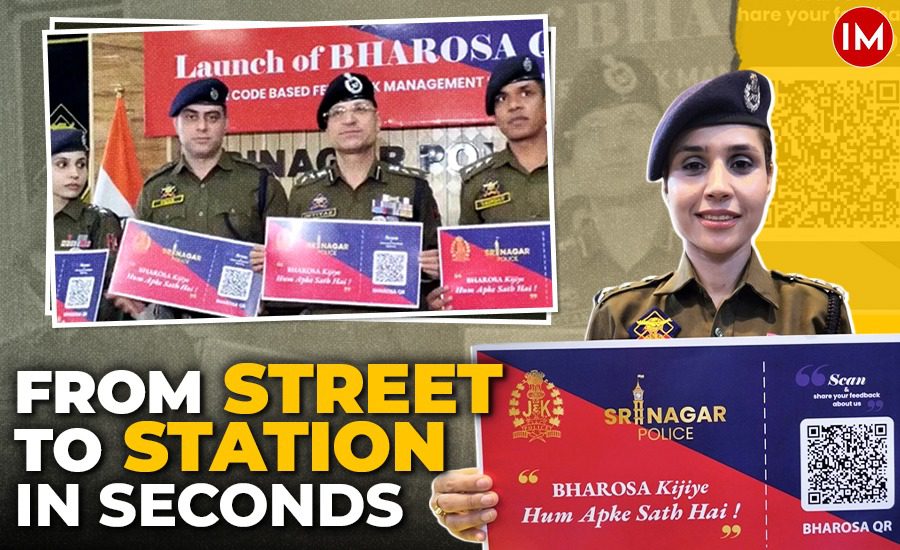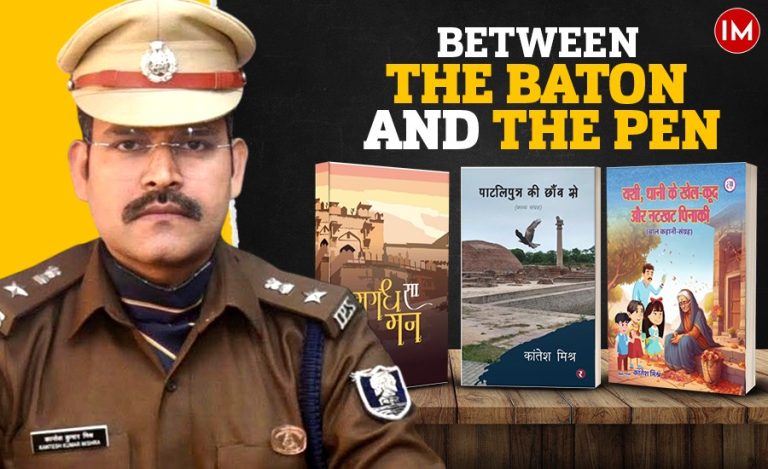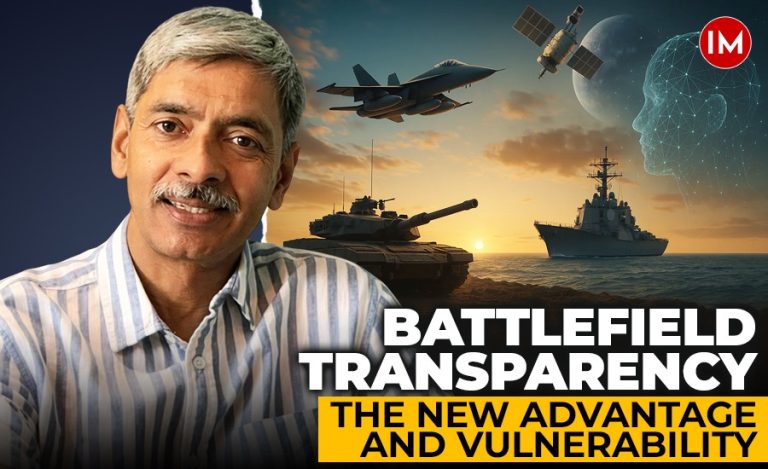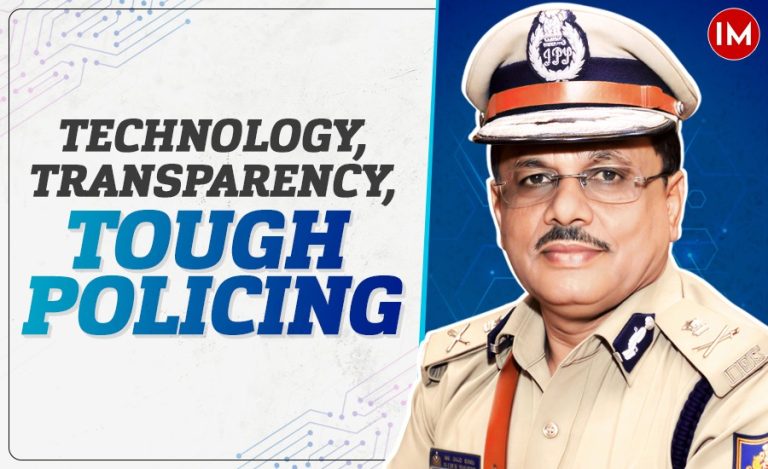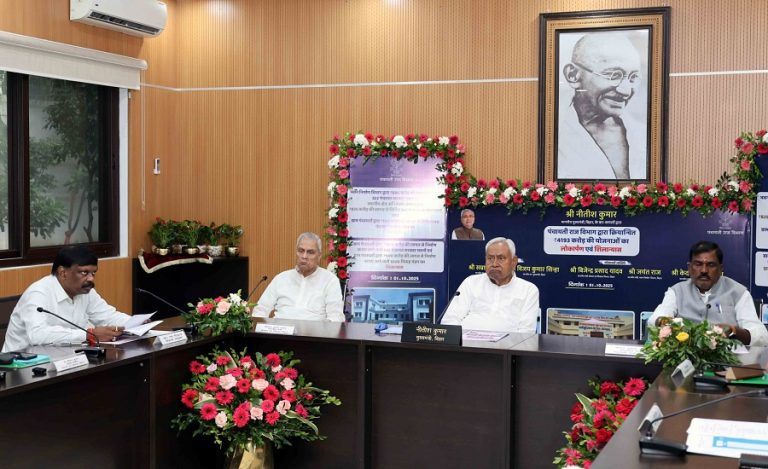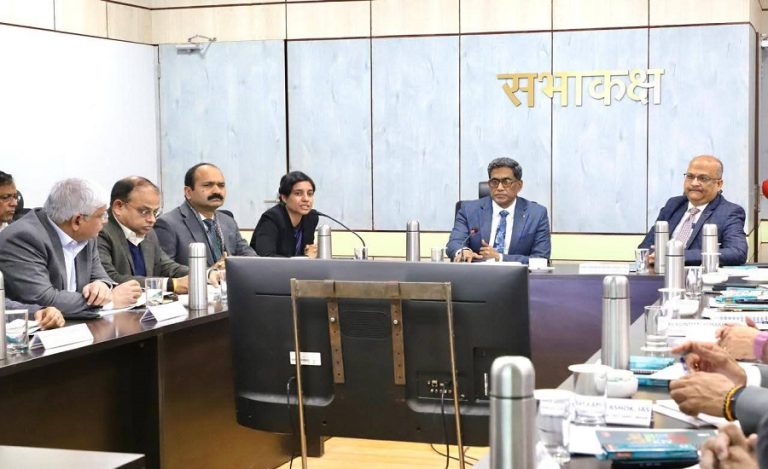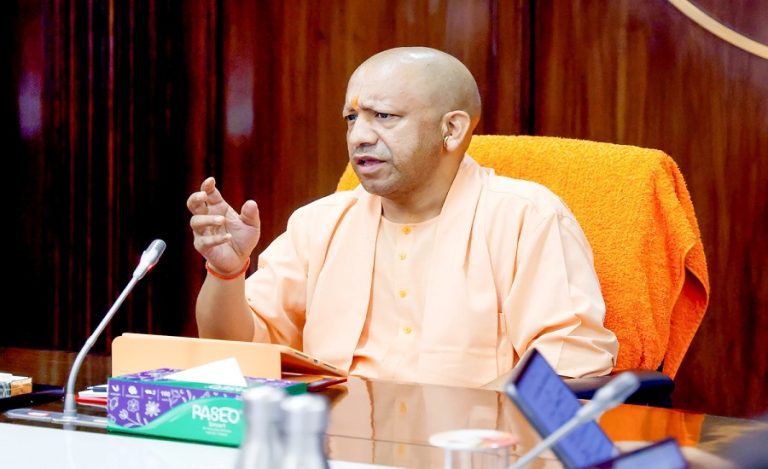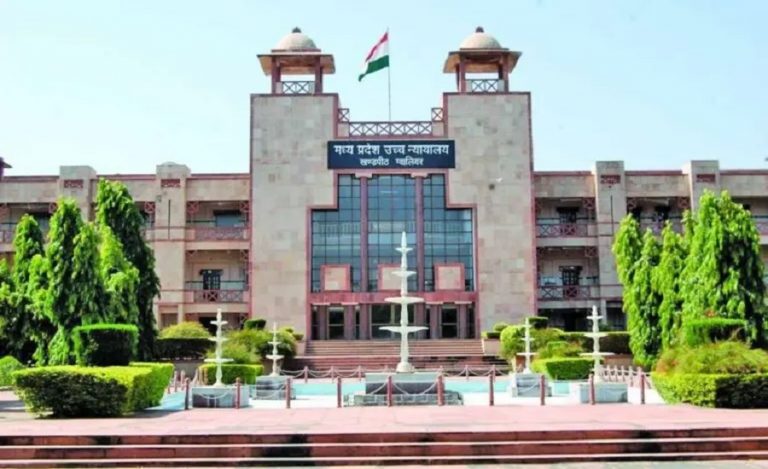In the bustling heart of Srinagar, where conversations about governance often carry a mix of hope and hesitation, a fresh initiative has quietly begun to bridge the gap between citizens and law enforcement. The Srinagar Police recently rolled out BHAROSA QR, a QR code-based feedback management system designed to capture what people really think, without the filters, without the formalities, and without the fear.
This system, as DySP Sleet Shah describes it, is a step towards accountability you can access in seconds. It’s about creating a space where every citizen, whether standing in a busy market, waiting at a bus stop, or visiting a police station, can share their experience directly with those who can act on it.
A SIMPLE SCAN FOR A STRONGER VOICE
The process is straightforward:
- Step 1: Spot the QR code. You’ll find it at police stations, police offices, bus stops, marketplaces, and major public institutions.
- Step 2: Scan it using your phone.
- Step 3: Share your feedback, be it a commendation, suggestion, or complaint.
Within seconds, your words reach a dedicated feedback management cell at the SSP Srinagar office, where every entry is monitored. If it’s a grievance, it’s addressed. If it’s praise, it’s acknowledged.
And for those who find typing on a form too impersonal, there’s a dedicated WhatsApp number, 8899112888. Here, feedback can come in as text, voice notes, photos, or even videos. The system is completely anonymous, ensuring people can speak without fear of repercussions.
THE THINKING BEHIND BHAROSA QR
The concept was brought to life by IPS officer Vaibhav Meena, SDPO Nehru Park, who envisioned it as a tool to erase the invisible wall of hesitation many feel when approaching the police. By letting citizens speak from wherever they are, uninterrupted and unpressured, the initiative aims to capture the most honest, unfiltered version of public sentiment.
“Transparency isn’t just about reports and statistics,” the officer explained in a media interview. “It’s about making sure that the people we serve can tell us, in real time, how we’re doing, and that we actually listen.”
TECHNOLOGY MEETS TRUST
The power of BHAROSA QR lies in its immediacy. Feedback is not gathered merely as a formality; it is acted upon. This quick cycle of input and response is expected to reduce the communication gap between citizens and police, address minor issues before they escalate into bigger problems, and acknowledge officers who perform their duties exceptionally well.
It’s not the first citizen-friendly move by Srinagar Police. Over the past months, they’ve introduced helplines for police verification queries and reporting drug-related activities. But BHAROSA QR stands out because it shifts the conversation from reactive policing to proactive listening.
AN INVITATION TO SPEAK UP
With QR codes now embedded into the city’s daily rhythm, Srinagar’s residents are being encouraged to use them, not just when something goes wrong, but also when they experience fairness, kindness, or efficiency.
“This platform belongs to the public,” DySP Sleet Shah shared with the media. “The more you use it, the more we understand your needs, your concerns, and your expectations. That’s how trust is built.”
For a city often caught between complex challenges and evolving aspirations, BHAROSA QR offers something refreshingly direct: the ability to speak, be heard, and see change without stepping into a police office or navigating red tape.
And perhaps, as more phones scan that simple black-and-white square, Srinagar will see something deeper happening: a quiet rewriting of how its people and police connect

